
Thinking from Within
A Hands-on Strategy Practice
Recommendation
This short, densely written book consists of chapters co-written by Swiss academic Johan Roos and his collaborators, who ignore hardly any aspect of play and imagination, detailing what philosophers, psychologists and others have said about these subjects. Their purpose is to demonstrate that the Enlightenment values of rationality and analytical precision have unbalanced managerial thinking – and how you can right the scales to create a flexible, innovative organization that reacts quickly to unpredictable situations. Unfortunately, so thorough is these professors’ treatment of play that they take the fun out of it. A series of close-up photographs shows managers – mostly white men in shirts and ties – at play, or at least pointing at toys and models on a table. After seeing their stiff attitudes you won’t be surprised to read case studies that demonstrate the difficulty of applying the ideas in the book. getAbstract recommends it to managers who need to loosen their ties, or scarves, a bit – but who wear them.
Summary
About the Author
Author of 15 books, Johan Roos, PhD, is a professor and the chief academic officer of Hult International Business School, based in London.








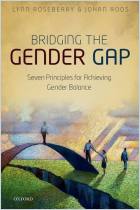
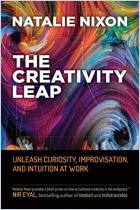
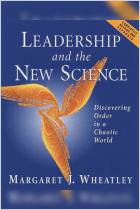
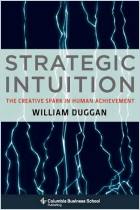
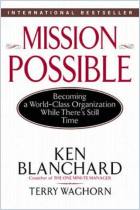
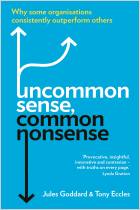






Comment on this summary or Comenzar discusión